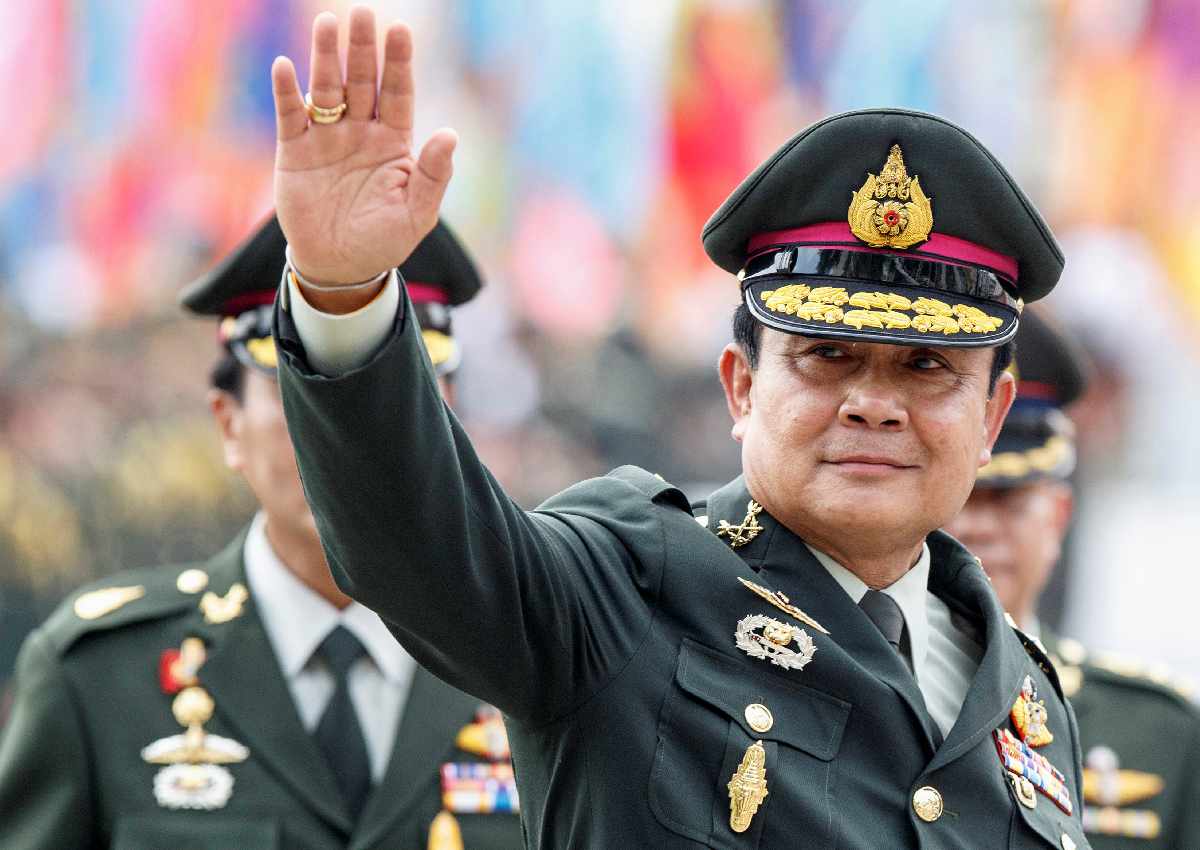BANGKOK – Thailand’s King Bhumibol Adulyadej on Friday endorsed a new army chief in an annual reshuffle, an appointment from outside the faction that has dominated the army for several years, surprising some experts.
The military has always been powerful in Thailand, and a 2014 coup established it as the country’s pre-eminent institution – arguably more so than the monarchy, which faces uncertain times as the health of the revered 88-year-old king fades.
The implications of the new appointment were not immediately clear but it may signal a willingness to compromise with other factions in the army and prevent any discord.
General Chalermchai Sitthisart, who is now assistant army chief, was appointed head of the army, while General Pisit Sitthisarn, the army chief of staff, and a top contender for the post, was made deputy army chief.
Chalermchai’s appointment marks a departure from the Burapha Payak royalist military faction – known as the “Eastern Tigers”- that propelled junta chief Prayut Chan-ocha to power.
Chalermchai does not belong to the Eastern Tigers faction which has dominated the army for more than a decade and includes Prayuth and his allies.
As army chief Prayuth launched a coup in May 2014 that overthrew the civilian government of Prime Minister Yingluck Shinawatra, a move he said was aimed at ending years of political turmoil in the Southeast Asian nation. “Burapha Phayak has dominated the army for the last ten years. Many people thought General Pisit would get it,”Wanwichit Boonprong, assistant professor of political science at Rangsit University, told Reuters. “But Chalermchai became a major first, before Pisit, so in a way it follows the natural order,” he said.
Approval of the appointments by King Bhumibol Adulyadej was a formality. The appointments take effect from October 1.
Since helping to overthrow an absolute monarchy in what was then the Kingdom of Siam in 1932, the military has staged 19 coups, 12 of them successful, and has provided 12 of the country’s 29 prime ministers in that time.

































